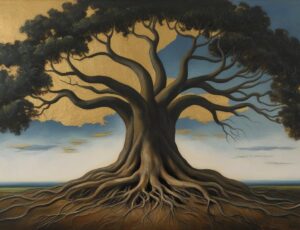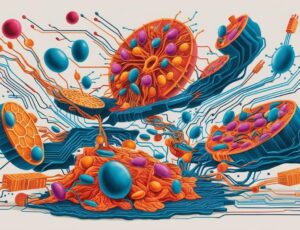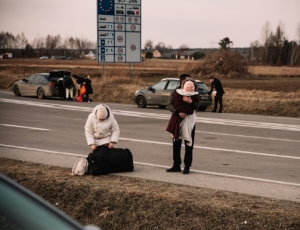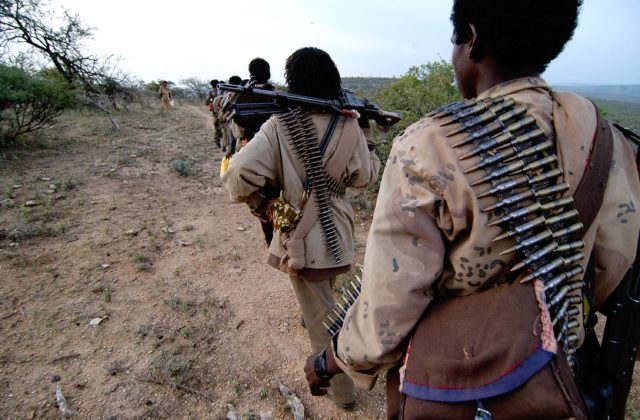
Coming to Terms with a Shattered World: A Multi-Disciplinary Approach to Violence in Africa
Year Group 2007/08
The proposal for the work of the theme group was developed from the results of the conference “Violence, Gender and the Nation-State: Legitimizations and Resistances”, which was convened at NIAS in January 2006. While the concepts represented in the title of this conference remained central to the group’s work, the main focus shifted to the theme ‘coming to terms with a shattered world’ and the related question of how a selection of African individuals, groups and nations mediate and have mediated violence and experiences of violence, that is to say: expressed, signified, interpreted, contested, resisted, silenced, legitimized, survived, and transformed violence and experiences of violence?
The group members have in common that their research is located in African countries (Congo, Sudan, Mozambique, Rwanda, Somalia, South Africa, and Sudan), which all have a history of political violence; violence during colonization, independence struggles, recent civil wars, and violence in everyday life in post-conflict situations. All individual projects are based on empirical data, insider perspectives on all sorts of violence and experiences of violence; experiences by victims, perpetrators and bystanders.
Five of the seven members worked at NIAS only during the second semester, while two did so during the whole academic year. Part of the work at NIAS was done in three previously formed sub-groups representing the disciplines of medical anthropology, literary studies, and history/anthropology. During the course of the work at NIAS, it became clear that there were many linkages in subjects and approaches across the sub-groups, which made us decide that the sub-group division should be transcended in our final product, an edited book with chapters by each group member, preceded by an introduction written by the editors.
Each group member presented a draft book chapter for discussion during a NIAS conference (June 23) in which about 35 people participated. The preliminary titles of the chapters were: “‘The Balsak in the Roof’: Bush War experiences and mediations as related by white South African conscripts” (Gibson), “Fathers, sons and citizens: Violence, conflicting masculinities and the Isicathamiya performances of the new South African era” (Gunner), “Testimonies of wartime experiences and social transformation in Gorongosa, central Mozambique” (Igreja), “‘The politics of everyday life’: Somali popular culture as mediation of civil war violence” (Kapteijns), “Community-based sociotherapy in the aftermath of violent conflict in Rwanda: Its contribution to moral and social repair” (Richters), “Inakale: Crisis narratives in Congolese urban paintings” (Schipper), and “Mediations of violence in Darfur: Janjaweed, ‘Blacks’, masculinity and discourses of recognition” (Willemse). A plan for the completion of the book has been agreed upon.
Themegroup participants
-
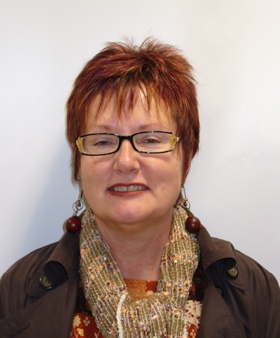
Gibson, D.M.
Year Group 2007/08 -

Gunner, E.A.W.
Year Group 2007/08 -
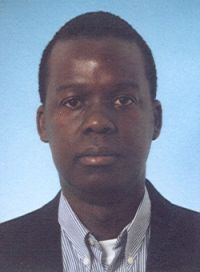
Igreja, V.M.F.
Year Group 2007/08 -

Kapteijns, L
Year Group 2007/08 -
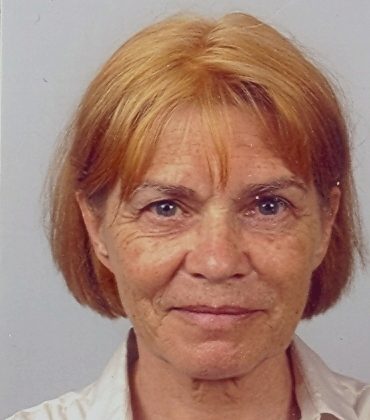
Richters, J.M.
Year Group 2007/08 -

Schipper de Leeuw, W.J.J.
Year Group 2007/08 -

Willemse, C.L.A.
Year Group 2007/08 -

Willemse, C.L.A.
Year Group 2005/06
